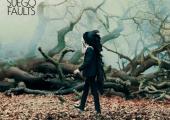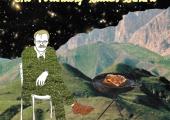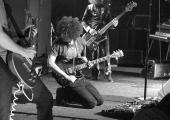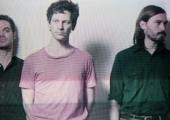Cassette: The Astroboy - The Chromium Fence

Portuguese synthscapes look back to Germany and out to deep space
The Seventies “Kosmische” music of Germany – the more spaced-out and synthesister-led counterpart to Krautrock that had its commercial apogee in Tangerine Dream – seems to be a gift that keeps on giving. Perhaps because the releases were for so many years mainly obscure and had to be hunted down by passionate and/or deranged followers, it has built a global network of followers who extend its principles into new music. From Gorillaz' Damon Albarn to techno legends like Carl Craig, its rippling synth patterns and sidereal twinkles can be heard woven into the fabric of popular culture. And there are plenty who reproduce its most abstracted jams in pure form, too.









